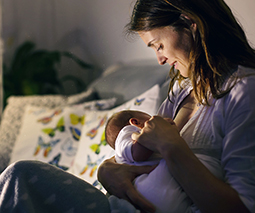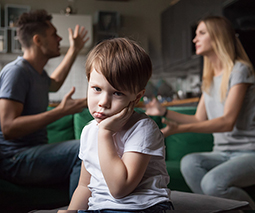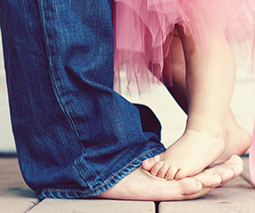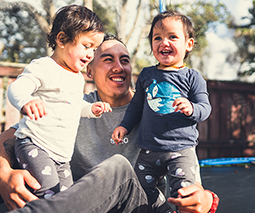“I have a favourite child and it turns out you probably do too”
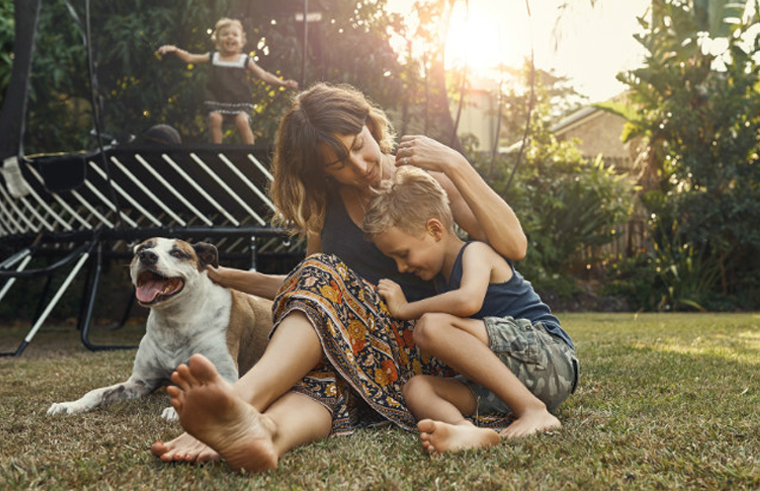
Ask most parents behind closed doors, and they’ll confess that maybe, just maybe, they favour one of their kids over the other. It can be an epic source of guilt for us parents, but don’t feel bad – turns out favouritism is way more common than we think.
Confession time
I have two kids, and I have a definite favourite. Not proud of it, just saying.
At first I thought this was my own little parental mind-game, but then I brought up the topic with other parents. Surprisingly, they got the same look of panic, then resignation on their faces. Yep, they all had a frontrunner as well.
One thing we agreed on – we all love our children equally. It’s just that there’s usually one kid we prefer spending time with. They give us more hugs, they slap us more high fives, they make us feel more successful as a parent, and they’re just … easier.
The good news: it’s natural
As icky as it all feels, researchers say that playing favourites is totally natural. In fact, according to a 2016 study conducted at the University of California, a whopping 70 per cent of mothers and 74 per cent of fathers admitted to having a favourite child.
The researchers studied 384 families; all with two parents and two children, where the children were up to four years apart. Interestingly, the results indicated that it’s the eldest child who is normally preferred by parents.
So what’s going on here? Aren’t we high-minded enough to overlook our ‘difficult’ child’s faults? Or are we just primed to rescue one golden child from the flames and let the rest of the litter fend for themselves?
In his book, The Sibling Effect, US writer Jeffrey Kluger explains that our desire to have children is basically driven by a need to reproduce ourselves. For this reason, he calls parents ‘reproductive narcissists’ – as in, we respond to the child who reminds us most of ourselves.
This does make a weird kind of sense. When we finally spawn a little mini-me … can we be blamed for lavishing a bit more praise, laughter and enthusiasm on our own reflection?
The bad news? Kids see right through us
Perhaps the more important question is, are the kids picking up on all of his? You bet they are. According to the University of California study, the younger child was most likely to report having low self-esteem caused by their parents’ blatant favouritism for the first born.
Regardless of birth order, many children grow up harbouring a secret resentment of the favoured sibling. Indeed, this perception of favouritism can be one of the biggest factors in sibling rivalry, and carry right on to adulthood. Hence the tense Christmas lunches when big-brother Al gets a bigger slice of ham.
Still, Ellen Weber Libby, clinical psychologist and author of The Favourite Child says that a shifting kind of favouritism – the kind where each child holds the advantage from week to week, can produce a healthy competitiveness. The danger, it seems, comes when the favouritism is persistent and obstructive, and seeps into the long-term dynamic of a family.
What to do? (Answer: try to look like you’re playing fair)
If favouritism is as rampant as studies suggest, perhaps there are ways to make it work. Or at least make our clear preference a little less hurtful in the long run. The key is in perception, and what everyone in the family actually does with underlying favouritism.
So here’s what I’m going to try:
First up, I’m letting go of the guilt for having a favourite (tick).
Secondly, I’ll play fair and ensure each of my children feels loved and supported.
Thirdly, I’ll take more time to appreciate each of my kids’ unique traits and skills, and build on that. Maybe even develop a few new rituals to even up the score.
If all else fails, I’ll put on my game face and stay mum on the whole thing.

